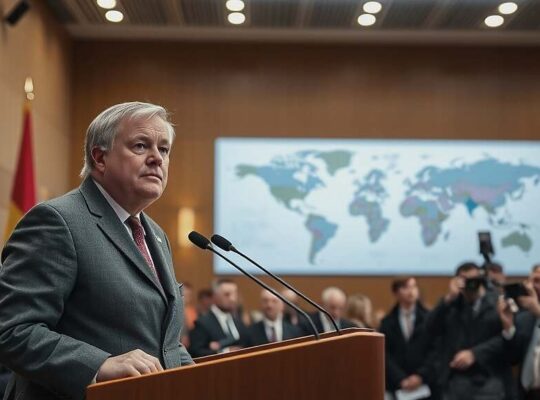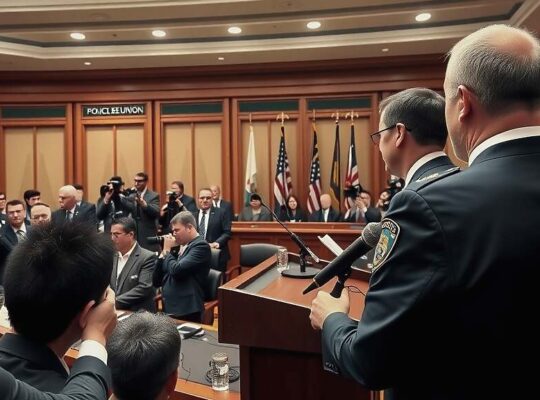The proposed revision of the Federal Police Act, spearheaded by Interior Minister Alexander Dobrindt of the CSU, is facing sharp criticism from the Green Party, raising serious questions about civil liberties and the potential for discriminatory policing practices. Marcel Emmerich, the Green Party’s parliamentary spokesperson for domestic policy, voiced deep concerns in an interview with “Der Tagesspiegel”, just ahead of a crucial cabinet meeting.
Emmerich accuses Dobrindt of undermining public trust and the principles of the rule of law by shifting the focus of police interventions away from accountability measures – such as mandatory receipts, anonymized identification requirements and bodycam footage – towards unchecked, suspicionless searches and broad-scale surveillance of citizens. This shift, he argues, inadvertently legitimizes “racial profiling” constitutes unwarranted infringements on fundamental rights and provides a deceptive illusion of security.
The proposed law’s emphasis on discretionary stop-and-search powers has prompted accusations of a return to practices long deemed problematic and antithetical to a fair and equitable legal system. Critics warn that the increased latitude afforded to officers risks exacerbating existing biases and disproportionately impacting marginalized communities.
While acknowledging the critical importance of drone defense as a core function of the Federal Police, Emmerich highlighted the ongoing inter-governmental disputes hindering effective implementation. He urged the federal government to resolve these jurisdictional conflicts swiftly to ensure the robust protection of airports and critical infrastructure against hybrid threats, specifically referencing Russia’s increasingly sophisticated destabilization tactics. The Green Party contends that internal political squabbles should not compromise national security and the safeguarding of fundamental rights.












